John Roberts Is the Supreme Court’s New Swing Justice
Here’s a close look at what we can expect from Justice Roberts now based on his track record on the top court.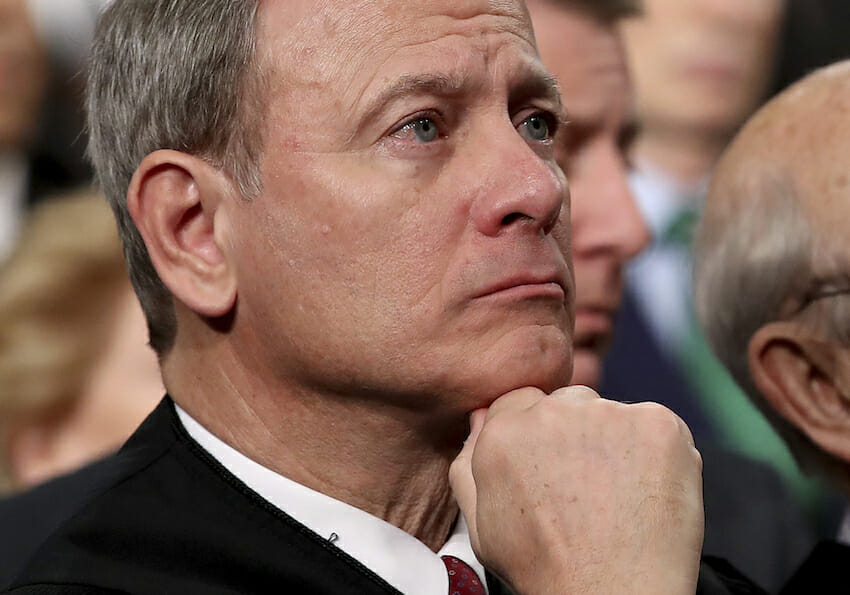 Chief Justice John Roberts listens as President Trump delivers his first State of the Union address in January. (Win McNamee / AP)
Chief Justice John Roberts listens as President Trump delivers his first State of the Union address in January. (Win McNamee / AP)
Now that Brett Kavanaugh has been confirmed as the 114th justice of the Supreme Court, Chief Justice John Roberts has stepped into the role vacated by the retired Anthony Kennedy as the court’s “swing” member.
Think about that for a moment, and what it augurs for the future of American law.
At a macro level, it means that the conservative legal movement, headed by think tanks and organizations like The Federalist Society and The Heritage Foundation, has finally achieved the solid 5-4 majority it has craved for decades.
More concretely, it means that a host of liberal precedents crafted by the high court since the New Deal are in jeopardy of being overturned or substantially weakened. Among the most vulnerable are the court’s landmark decisions in the areas of abortion, affirmative action, workers’ rights and employment discrimination, antitrust, and environmental protection.
Even before Kavanaugh’s appointment, the Roberts court was hardly liberal, despite occasional progressive decisions handed down on such issues as same-sex marriage, with Kennedy often casting the tie-breaking votes. Indeed, according to several in-depth studies, under Roberts’ leadership the high tribunal has been the most pro-business Supreme Court since the end of World War II.
Academic researchers and law professors who study judicial ideology use a variety of statistical tools to chart where justices fall on the political spectrum. One of the better-known models, developed by University of Michigan professors Andrew Martin and Kevin Quinn, places justices on an ideological continuum, assigning scores to each, based on their voting records and the political orientation of the litigants in the cases they decide.
The Martin-Quinn scores for Roberts place him in the ideological middle of the current court, slightly to the right of where Kennedy had been, but clearly to the right of center. On the court’s far right are Justices Samuel Alito, Neil Gorsuch and Clarence Thomas, the panel’s most conservative member. Brett Kavanaugh, based on his 12-year stint as a judge on the U.S. Court of Appeals for the District of Columbia Circuit, is ranked just to the left of Thomas.
In his 2005 confirmation hearing, Roberts famously declared, by way of an analogy to the role of baseball umpires, that the “job” of judges “is to call balls and strikes and not to pitch or bat.” His decisions, however, tell a different—and far more activist—story.
Roberts was the author of one of the most egregious right-wing rulings of the last 50 years—the 5-4 majority opinion in Shelby County v. Holder (2103). The decision invalidated a key provision of the Voting Rights Act that required certain voting districts, mostly in the South, to obtain “pre-clearance,” or advance approval, from the Justice Department or a federal district court in Washington, D.C., before implementing any changes in voting procedures. With the pre-clearance process effectively gutted as a result of the decision, voter suppression techniques in GOP-controlled states have proliferated at a rate not seen since the Jim Crow era.
The Shelby County majority opinion is breathtaking, not only for the scope of its judicial activism—Congress had reauthorized the Voting Rights Act for an additional 25 years in 2006, with the Senate expressing its endorsement by a vote of 98 to 0—but for its distortion of the country’s racist past and its racist present.
At the heart of Roberts’ opinion is the view that racism in America has effectively been extinguished. When the Voting Rights Act was enacted in 1965, Roberts wrote in Shelby County v. Holder decision:
[T]he States could be divided into two groups: those with a recent history of voting tests and low voter registration and turnout, and those without those characteristics. Congress based its [pre-clearance] coverage formula on that distinction. Today the nation is no longer divided along those lines, yet the Voting Rights Act continues to treat it as if it were.
Last term, Roberts turned another blind eye to bigotry, writing the 5-4 majority opinion in Trump v. Hawaii, which upheld the president’s Muslim travel ban.
When not drafting majority opinions himself, Roberts has voted time and again in concert with his conservative brethren in such high-profile 5-4 decisions as Massachusetts v. EPA (2007) on the Clean Air Act; District of Columbia v. Heller (2008) on the Second Amendment; Citizens United v. FEC (2010) on campaign finance; Burwell v. Hobby Lobby (2014) on “religious liberty”; Hall v. Florida (2014) on the constitutionality of executing an intellectually disabled person; Whole Woman’s Health v. Hellerstedt (2016) on abortion; Fisher v. University of Texas (2016) on affirmative action; and Janus v. AFSCME (2018) on public employee unions.
To be sure, there is another—but much shorter—side of the ledger involving cases in which Roberts has aligned with the court’s liberals. In 2012, he wrote the 5-4 majority opinion that upheld the “individual mandate” provision of the Affordable Care Act in National Federation of Independent Business v. Sebelius. In the same opinion, however, he ruled that the act’s mandatory Medicaid expansion sections were unconstitutional.
To his credit, Roberts has also written majority opinions upholding the Fourth Amendment privacy interests of cellphone owners in Riley v. California (2014) and Carpenter v. U.S. (2018).
In a speech delivered at the University of Minnesota Law School on Oct. 16, Roberts sought to defuse the enmity and rancor caused by Kavanaugh’s confirmation, stressing the need for judicial independence.
Channeling Alexander Hamilton and Federalist Paper No. 78, Roberts said that the courts “must be very different” from the “political branches” of government. The courts, he insisted, “do not speak for the people. … We speak for the Constitution. Our role is very clear: We are to interpret the Constitution and the laws of the United States and ensure that the political branches act within them.”
I have little doubt that Roberts is genuinely concerned with the legitimacy of the Supreme Court and the court’s interest in appearing nonpartisan. Unfortunately, that interest appears to be narrow, abstract and formalistic.
In matters of substance in cases that affect the vital rights and interests of real people, particularly minorities and those without institutional power, Roberts has shown himself to be a corporate partisan. That he now occupies the ideological center of the highest court in the land should be a danger signal akin to a fire alarm for everyone concerned with justice and equality under the law.
Your support matters…Independent journalism is under threat and overshadowed by heavily funded mainstream media.
You can help level the playing field. Become a member.
Your tax-deductible contribution keeps us digging beneath the headlines to give you thought-provoking, investigative reporting and analysis that unearths what's really happening- without compromise.
Give today to support our courageous, independent journalists.
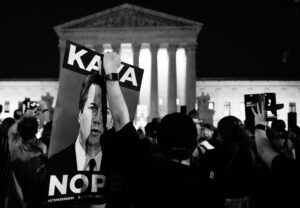
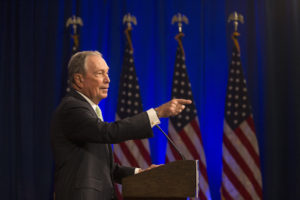
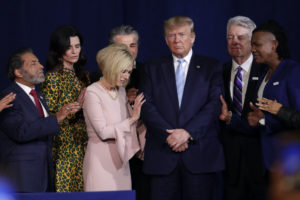
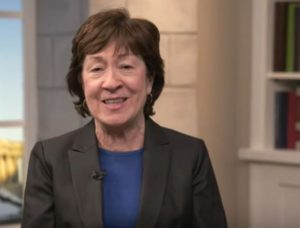

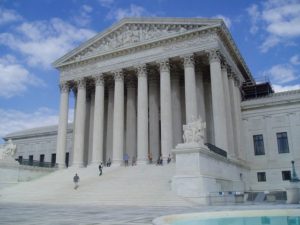
You need to be a supporter to comment.
There are currently no responses to this article.
Be the first to respond.